The Role of Database Applications in Modern Business Environments
Knowledge Hut
JULY 26, 2023
Database applications also help in data-driven decision-making by providing data analysis and reporting tools. In this blog, we will deep dive into database system applications in DBMS, and their components and look at a list of database applications. What are Database Applications?

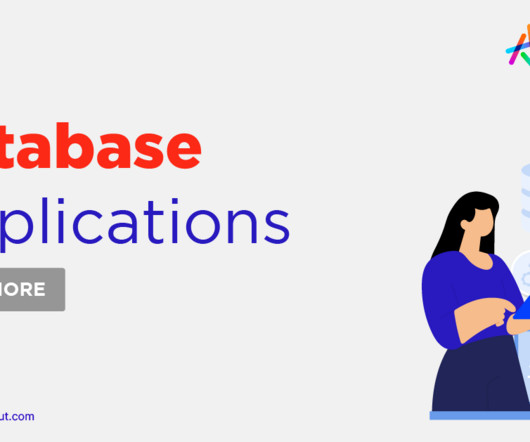

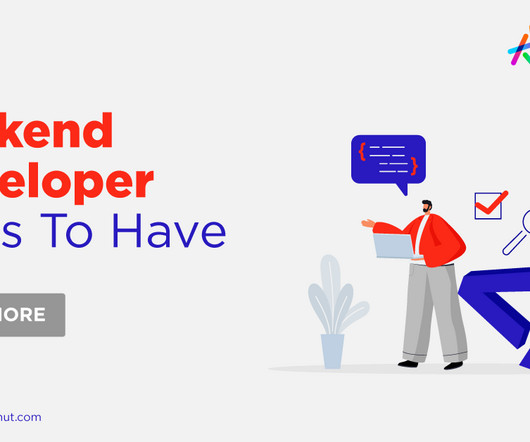
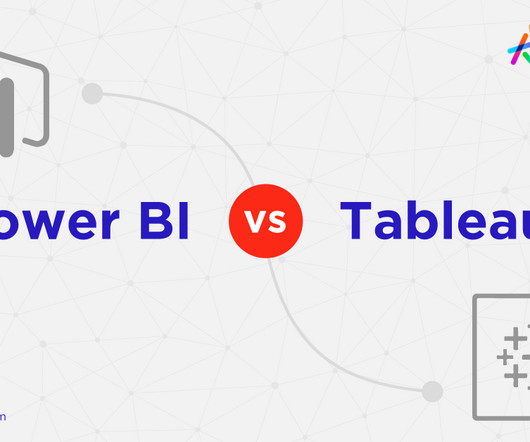
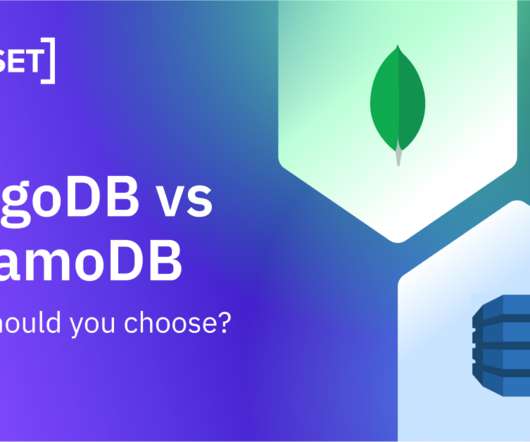


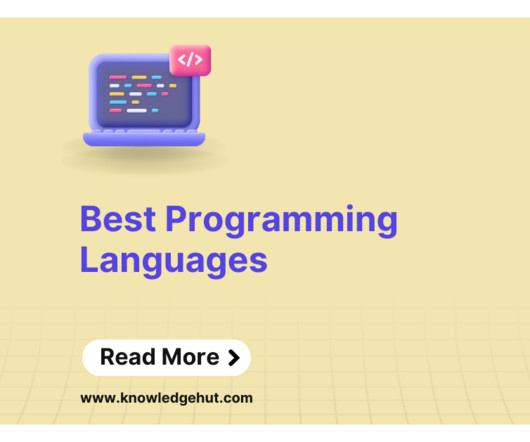






Let's personalize your content